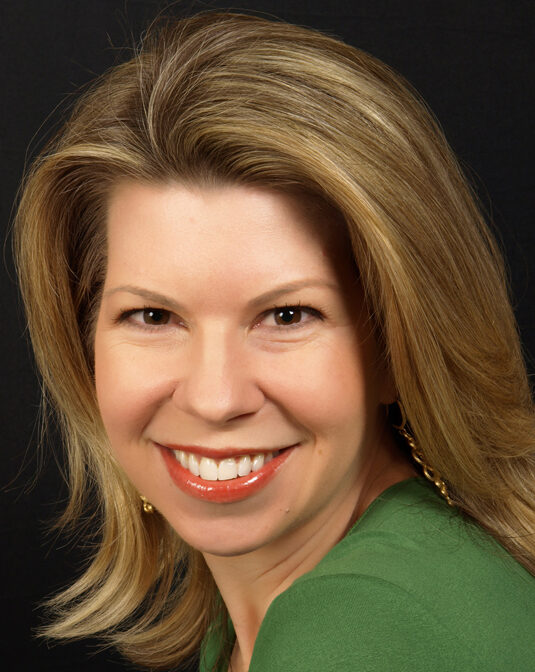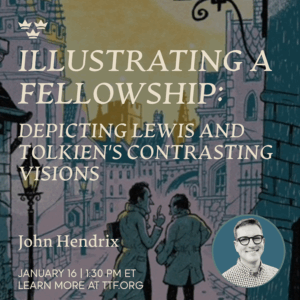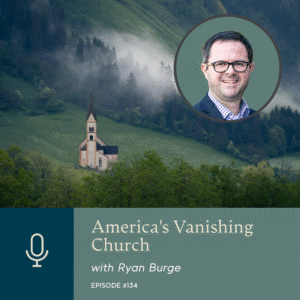Walking With God: Walking as a Spiritual Discipline with Mark Buchanan
June 9, 2023
Overview
Speakers
-
 MARK BUCHANAN
MARK BUCHANAN -
 CHERIE HARDER
CHERIE HARDER
SHARE

